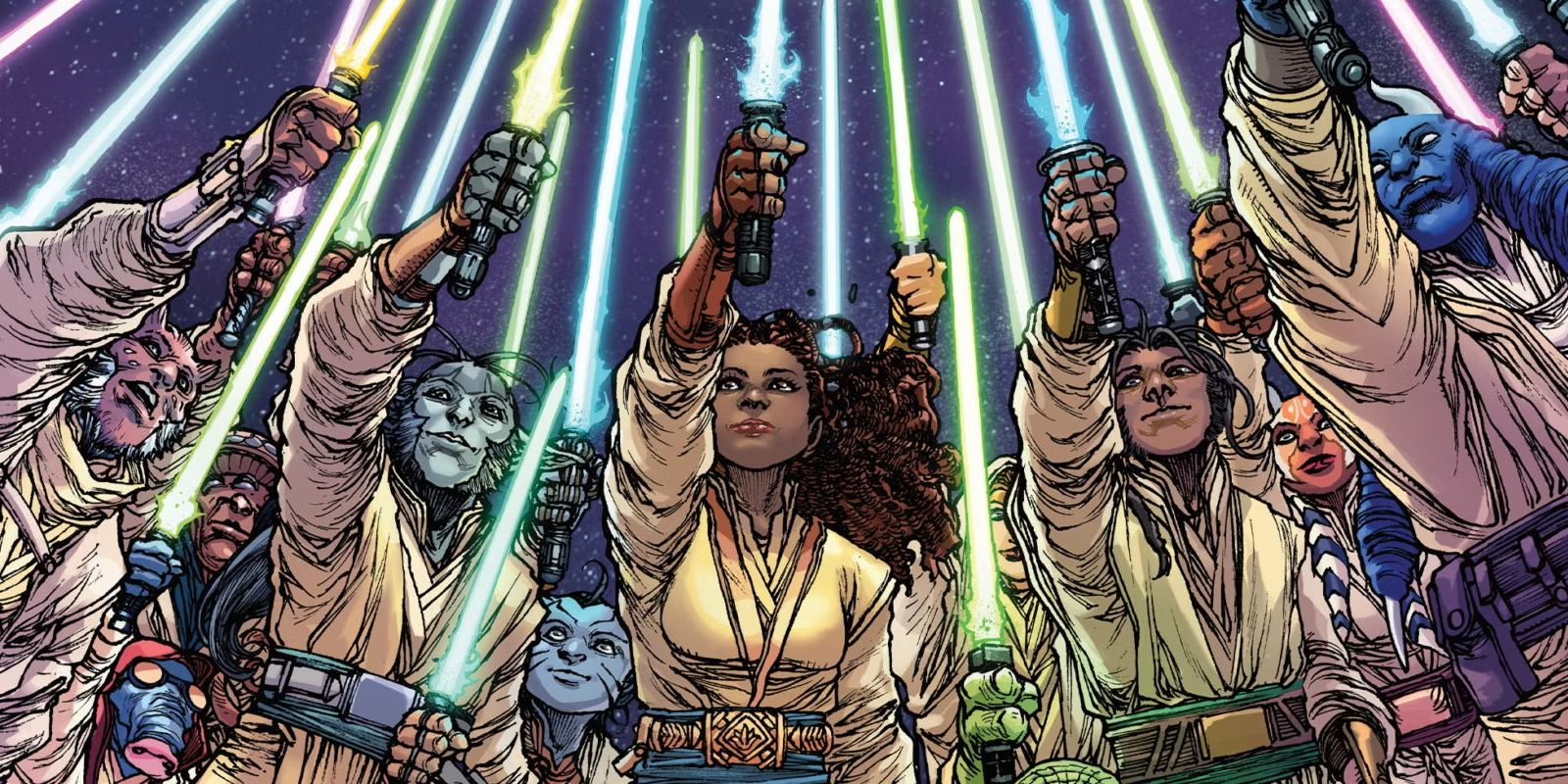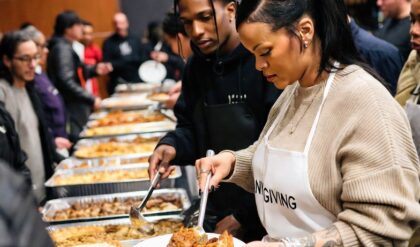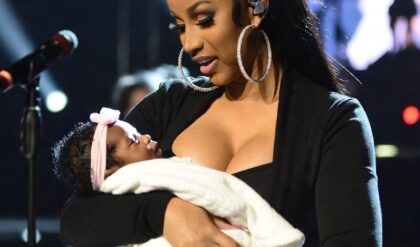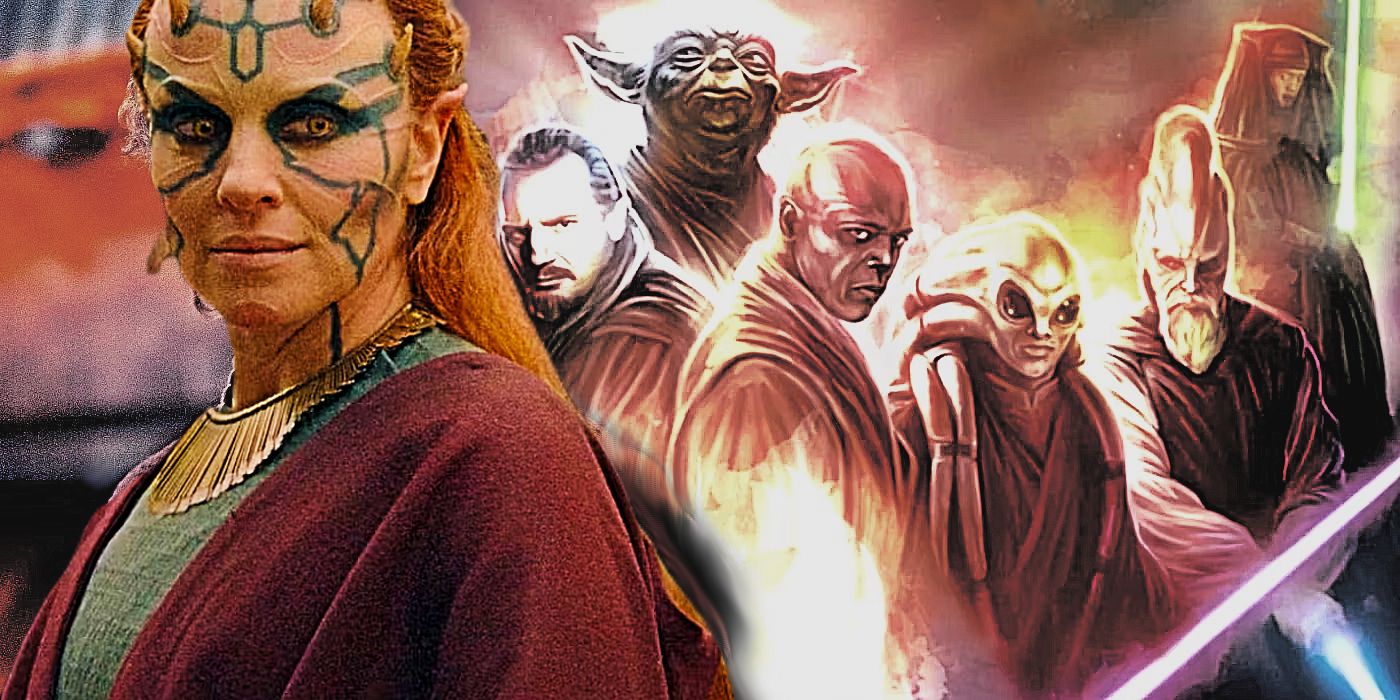
The description of the Jedi as “deranged monks” occurs in Leslye Headland’s The Acolyte episode 3, when the coven of Force-using witches on Brendock are discussing how they should handle the discovery of Jedi at the gates of their hidden sanctum.
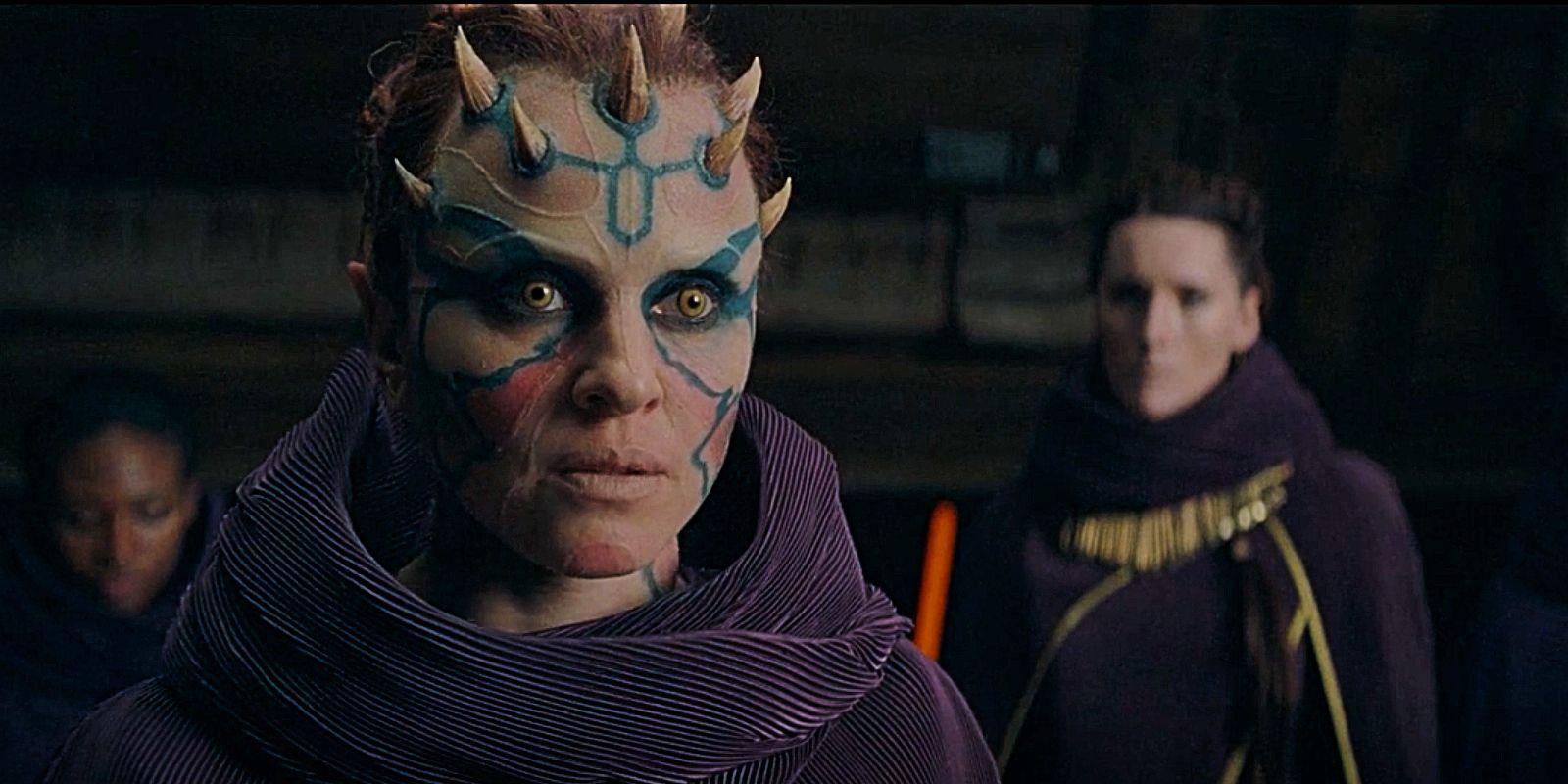
While some preach adopting a more peaceful approach, Mother Koril argues for a more forceful and violent tack. When Mother Aniseya decides to let the Jedi test Osha and Mae, Mother Koril responds, “I did not bring the girls into the world so we could lose them to a bunch of deranged monks!” While her comments could be seen by her sister witches as a paranoid rant by a mother fearful of her children’s safety, there is ample evidence supporting Mother Koril’s views and indicating that Jedi have indeed contributed to their questionable reputation.
A Parent Could Never Feel Confident That Their Child Is Safe As A Jedi
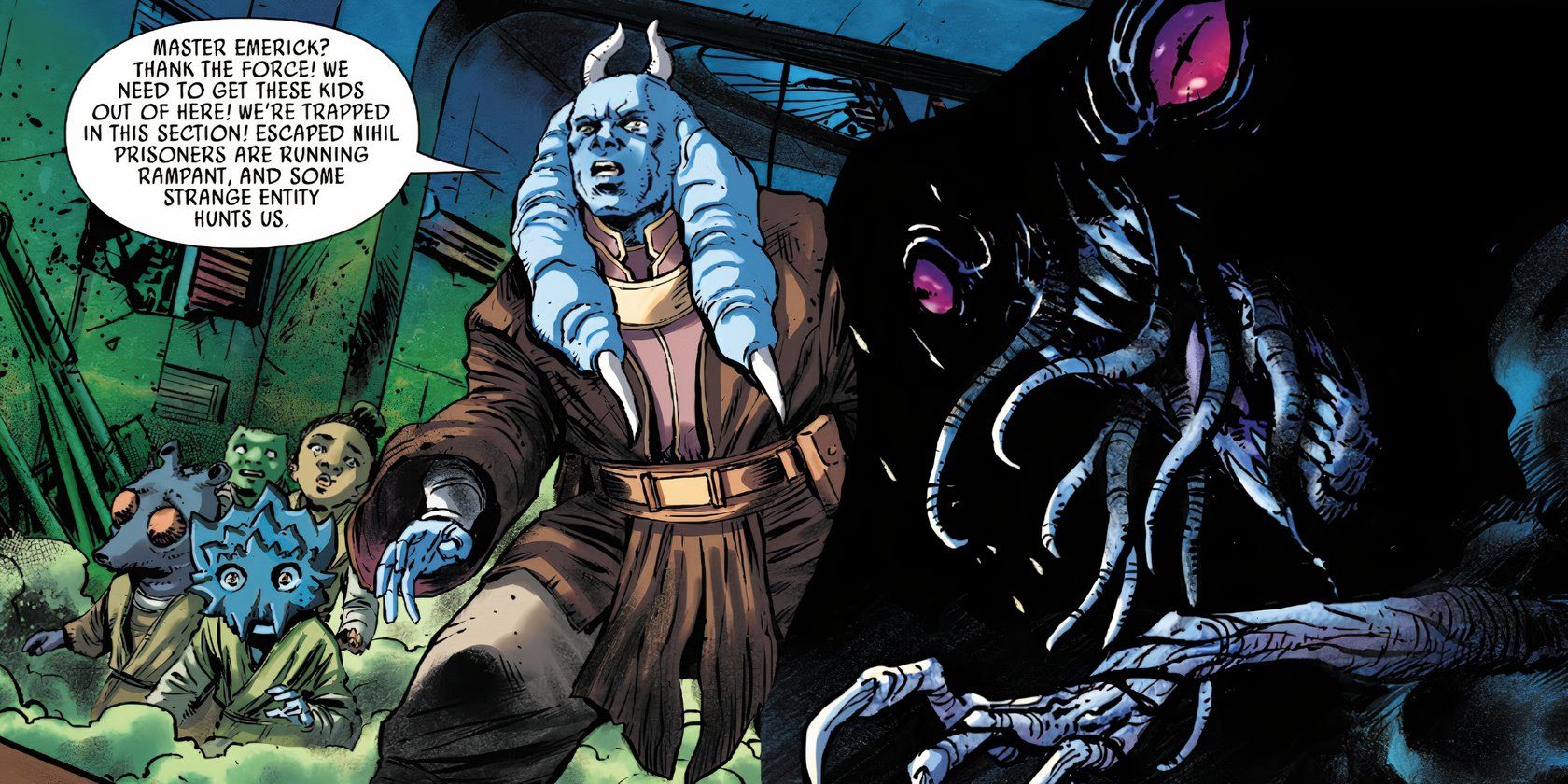
The acceptance of a child into the Jedi Order is only possible if the child’s parent or guardian agrees to the “adoption.” However, the fact that the Jedi believe they can offer a better and more secure life than the family, especially a family that is full of love, is surely something that would put people off to the Jedi’s true motives. Furthermore, once the Jedi take a child away, parents can never feel confident that their kids are safe, secure, and well-treated. What parent would think someone willing to put their child at such risk is in the right mind?
In the 2016 Charles Soule and Marco Checchetto miniseries Star Wars: Obi-Wan & Anakin, it is shown that, as a young Padawan, Anakin Skywalker has a miserable time in the Jedi Temple. He is teased, insulted, and ignored by his classmates for being different. With few friends, Anakin spends a lot of his time in the Temple by himself. It’s quite the opposite of how he lived – as a slave – before entering the order. Indeed, as the Jedi’s youngest recruits, Padawans have little skill or expertise. This makes the Younglings attractive targets for anyone who dislikes the Jedi or seeks to use them.
One such Jedi predator known as the “Leveler” is present in Daniel Jose Older and David Wachter’s 2021–2022 miniseries Star Wars: The High Republic – Trail of Shadows. Indeed, the Leveler, who is drawn to a Jedi’s Force abilities, attacks and consumes any Jedi they encounter. But they are known to focus on the most vulnerable, namely the Younglings, because they put up the least resistance. Similarly, in Scott Allie and Mahmud Asrar’s Star Wars: Jedi – The Dark Side, a Legends comic miniseries published in 2011 and 2012, Qui-Gon Jinn’s Padawan, Xanatos, is targeted by forces on his homeworld to use as a pawn in the political machinations involving his father, Lord Crion.
The Broken Administration Of The Jedi Order’s In Loco Parentis
The fact that Padawans are still children means they need parental attention – which is essential to the healthy development of a child. Jedi customs do not normally allow Padawans to communicate with their families once they enter the Order. In the absence of parental figures, Padawans find a sense of family with their Masters, who take on the role of caregivers. However, most Masters, having completed their Jedi training, are incapable of providing the emotional response all children need. This is perhaps best illustrated in Jedi – The Dark Side, where Xanatos has trouble coming to grips with the emotions he’s feeling upon returning home and seeing his family. The only comfort Qui-Gon can offer is to encourage Xanatos to have faith in his Jedi training.
As illustrated in Daniel Jose Older and Harvey Tolibao’s Star Wars: The High Republic Adventures, there’s also the fact that most Younglings are sent into action before reaching the age of maturity, and before completing the training that’s meant to make them ready to handle themselves in life-threatening situations. Indeed, Jedi are known to put toddlers and children through a rigorous physical, mental, emotional, and spiritual regimen designed to train them to “think and act” like a Jedi.
Furthermore, before a Youngling is considered proficient in their abilities, the Jedi not only allow, but require, the children and teenagers to put themselves in harm’s way by fighting battles in the name of policies that they may not fully comprehend. Mother Koril certainly understands the implications of forcing children to commit acts they are incapable of truly comprehending. She makes her point clear when Mother Aniseya says that Osha wants to be a Jedi and Koril responds, “Osha?… She’s just a child!”
It’s No Surprise That Mother Koril Perceives The Jedi As Crazy
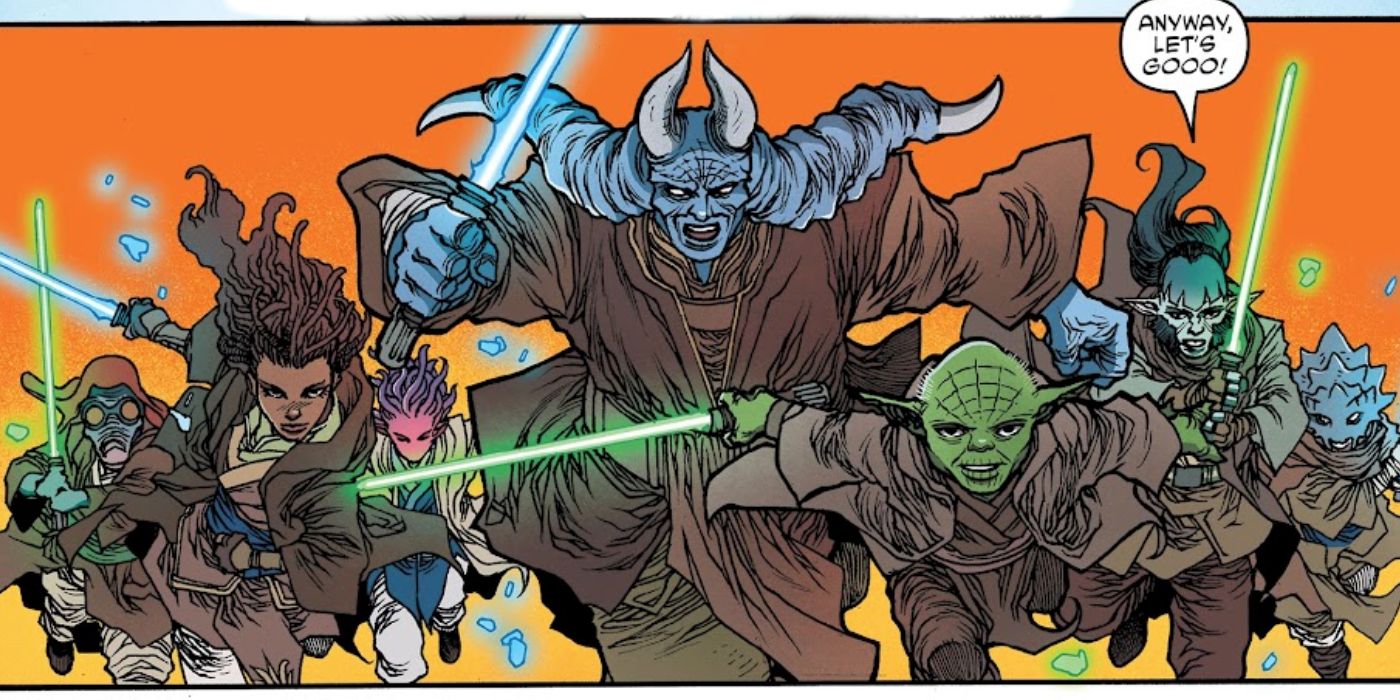
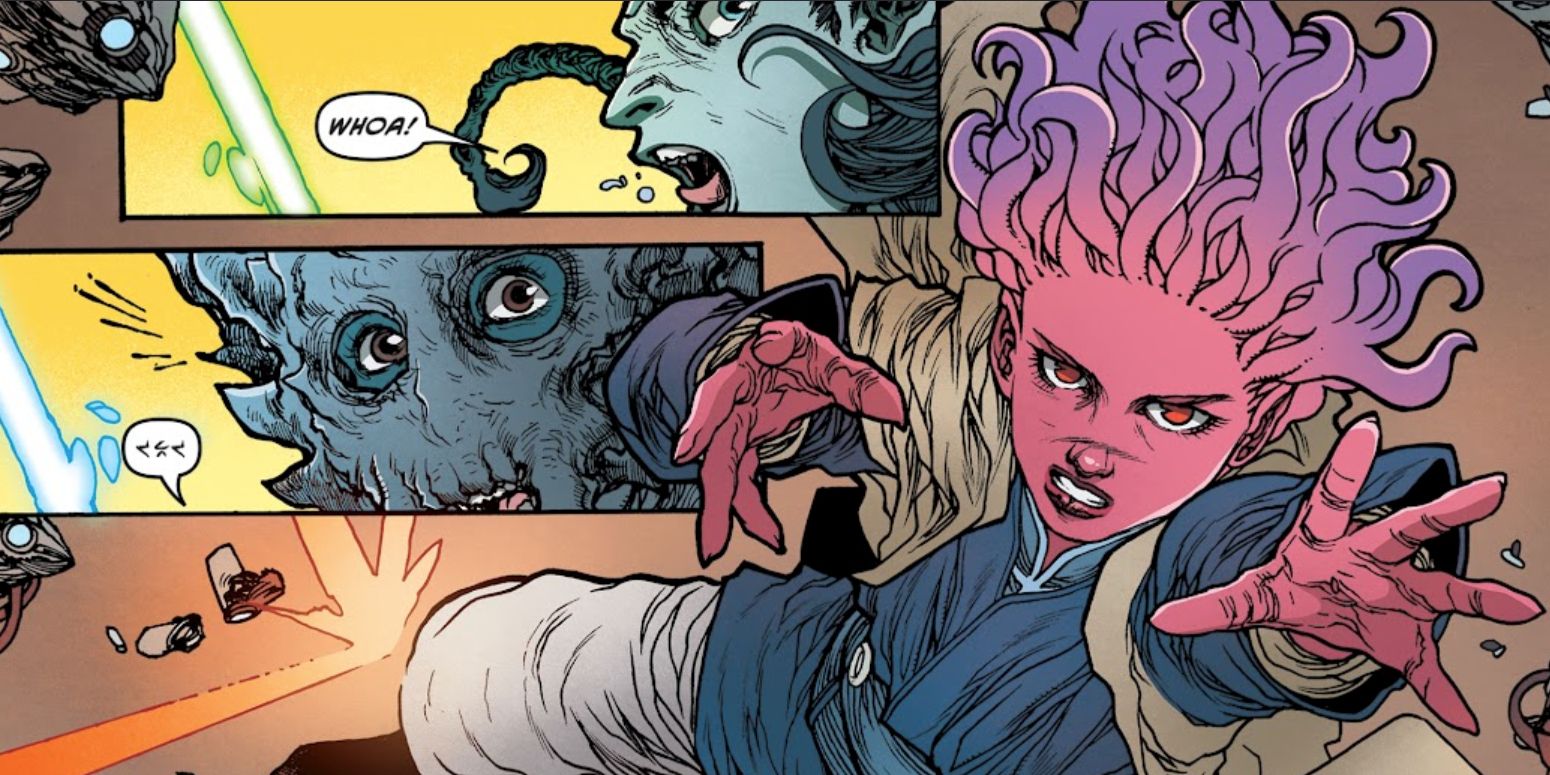
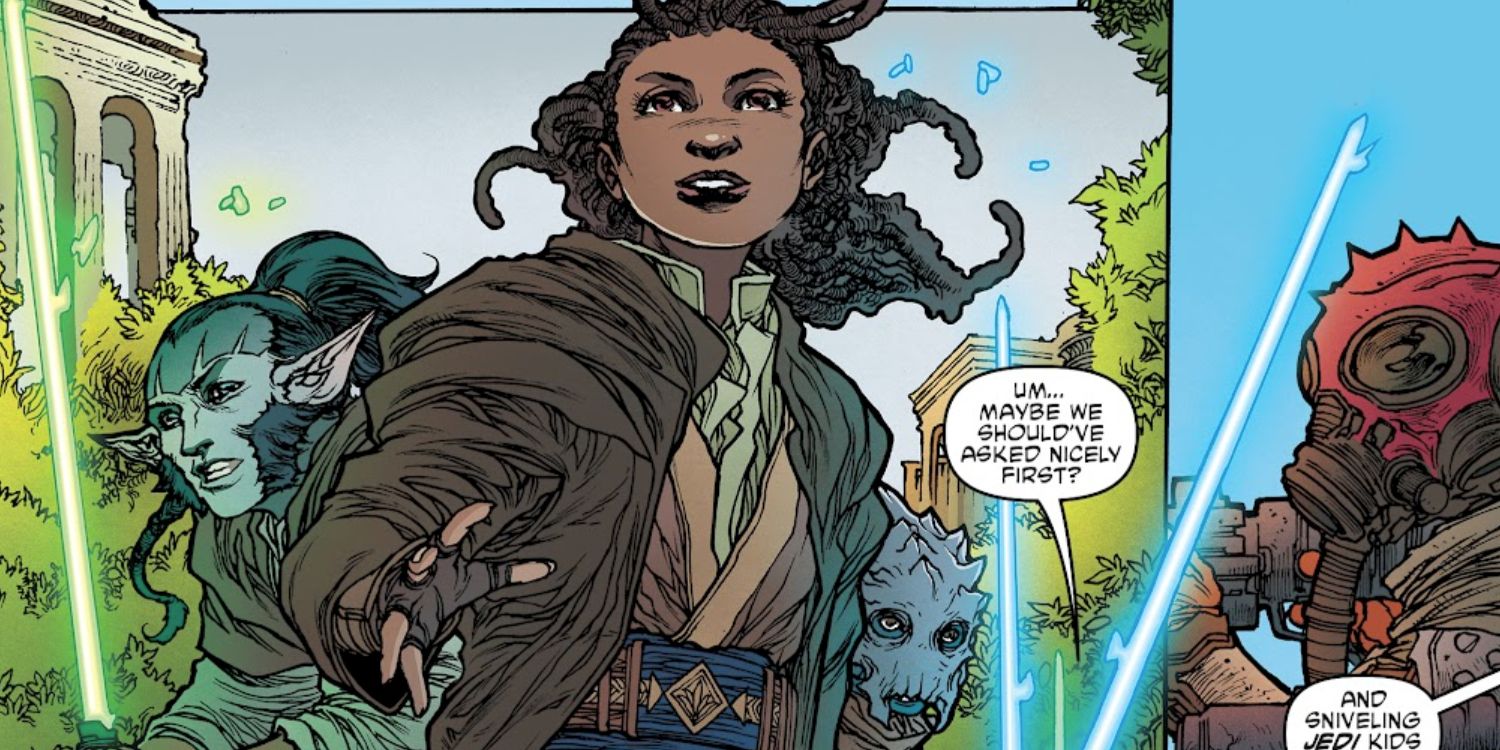
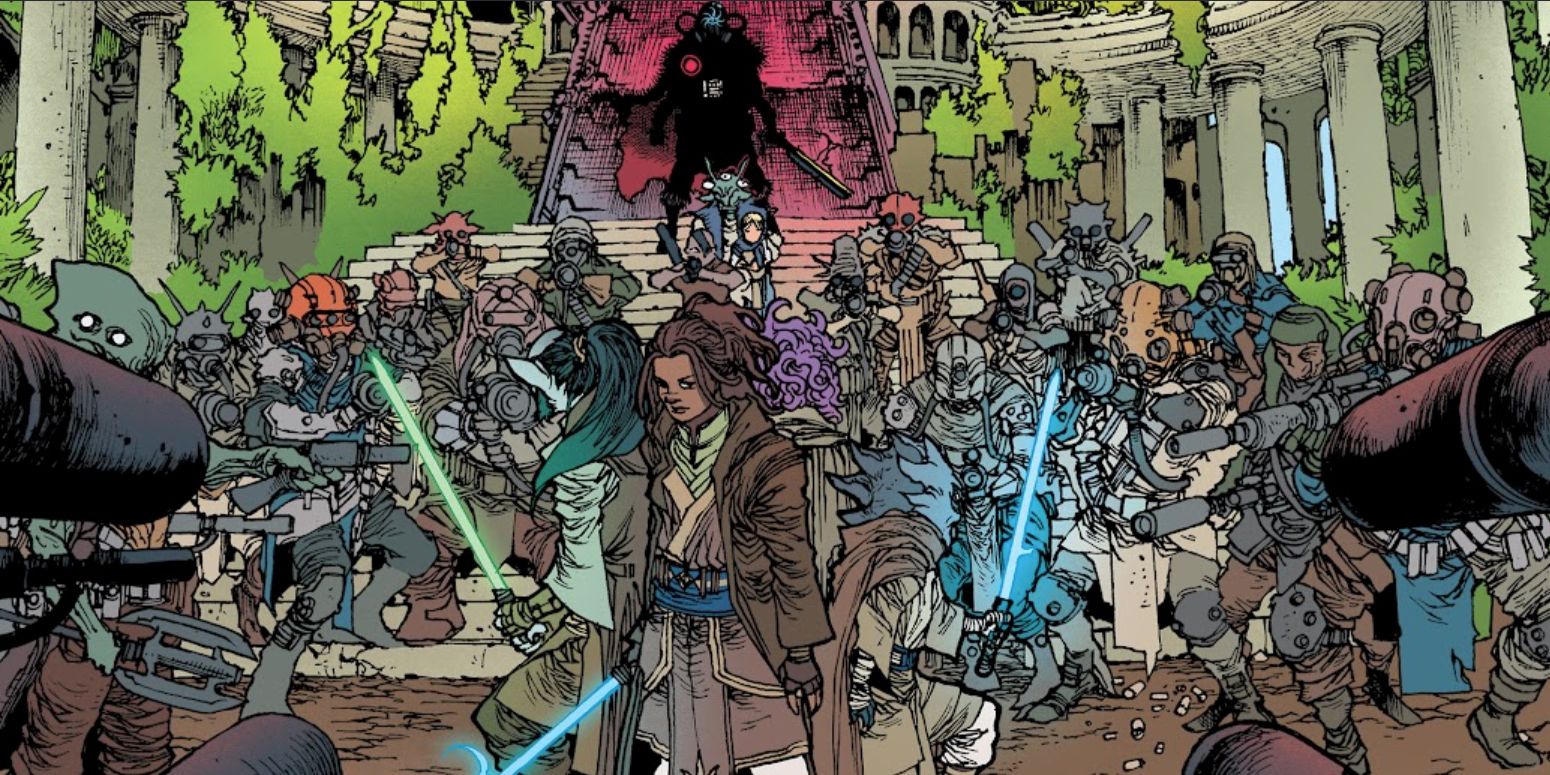
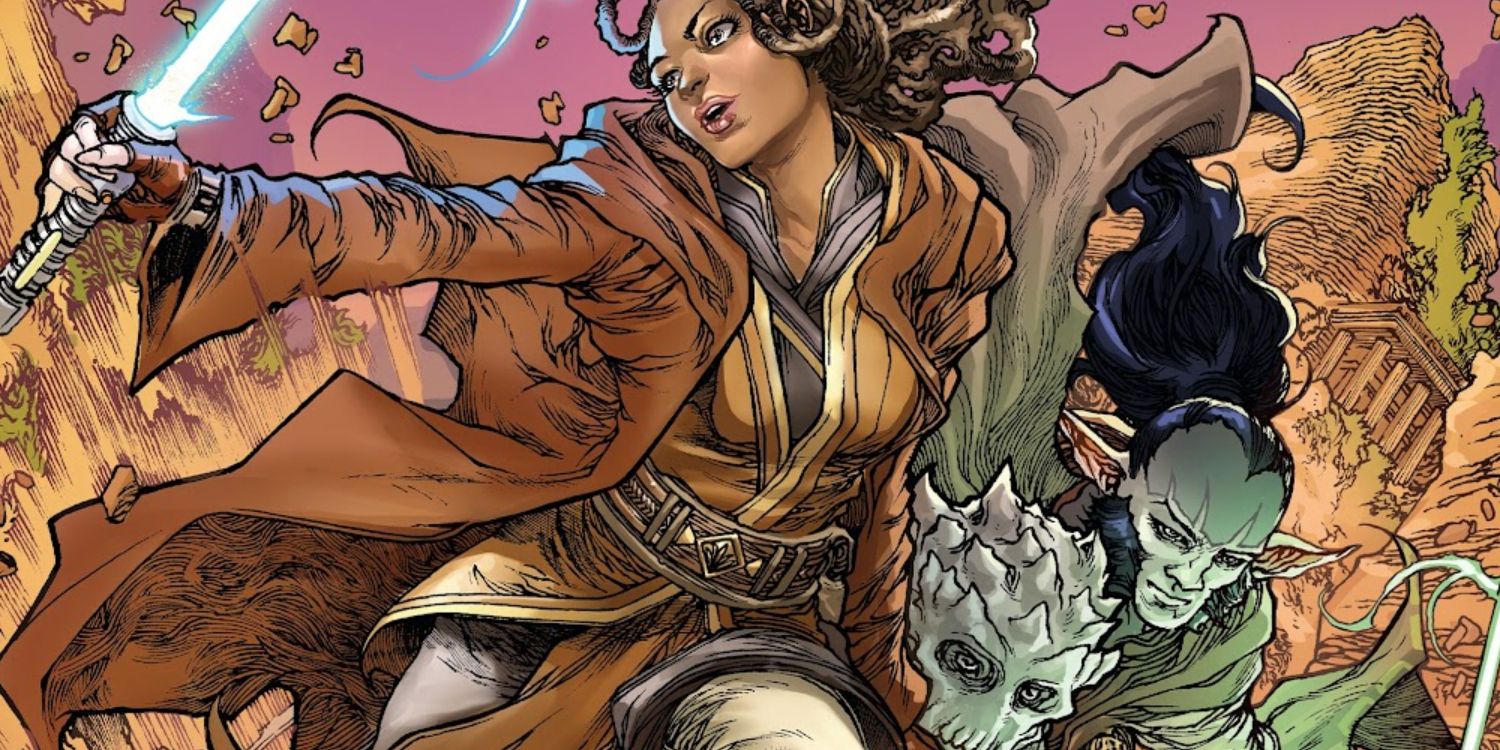





In Obi-Wan & Anakin #5, the decision to give a child up to the Jedi Order is often made quickly and without much due diligence. Under such rushed conditions, it’s not hard to understand why Mother Koril would curse the Jedi and believe their motives are abnormal. It’s impossible to truly wrap one’s head around the safety and security concerns of your child if you are forced to decide without time to consider or seek outside counsel.
The decision is made harder when considering the opacity of internal Jedi Order practices. This could certainly lead some parents to believe that the Jedi are “deranged.” Indeed, one practice that might make a parent think twice about giving their child up to the Order is its time-honored Jedi recruitment process that “on boards” Force-sensitive newborns, babies, and toddlers into their ranks. Moreover, it doesn’t seem like the Jedi do anything to overcome the popular idea that the Jedi recruitment process was nothing more than “baby-snatching.” The Jedi argue that this process is necessary to eliminate the personal attachments and connections a future Jedi will need to shed to become their most effective selves.
However, the process doesn’t take into account the feelings that parents have towards their children. That is, while the children are taught – more or less – how to overcome the pain of leaving their mothers and fathers, the Jedi don’t seem to have an applicable policy, practice, or program for helping parents get over their “loss” of their child. Once an agreement is reached, there doesn’t seem to be a way for a remorseful parent to walk back their decision. In Jedi – The Dark Side, upon seeing his son for the first time in decades, Crion admits to how painful it was to send his son off to the Jedi.
In Star Wars, a Parent’s Love for Their Child Rivals the Power of the Force
The Jedi Order Could Never Replace the Fundamental Role of the Parent
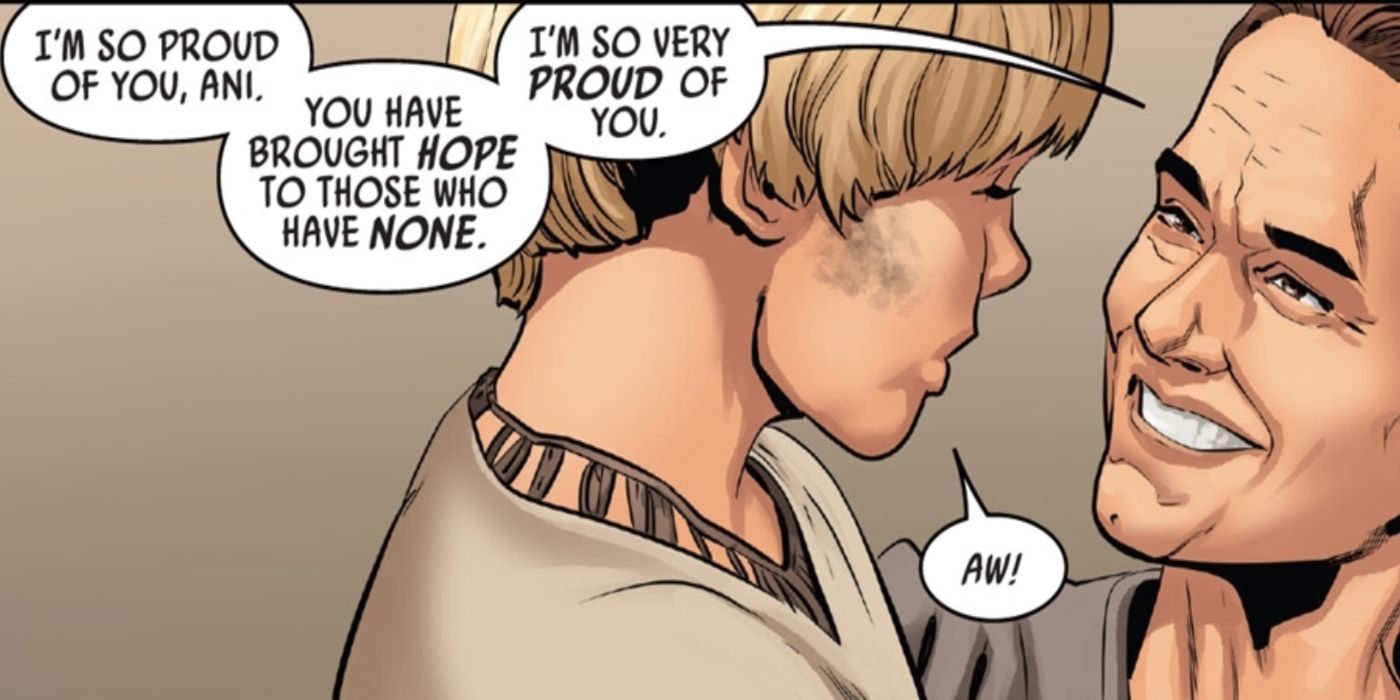
This point is evident in Mother Koril’s comments in The Acolyte. While her concerns for Osha and Mae are real and palpable, the thrust of her anger is the loss she will feel if one or both of the twins are taken away without the chance to ever see them again. A baby or toddler will certainly overcome the loss of a parent in time. But an adult parent who loves their child is unlikely to ever completely limit their feelings for their child – even if they believe entering the Order may be the best option.
Even Yoda had an issue with the use of children to carry out adult tasks. In Cavan Scott, Nico Leon, Dono Sanchez Almara, and Joe Caramagna’s Star Wars: Yoda #3, the Jedi Grand Master is illustrated as feeling uncomfortable when a teenager kidnaps another child to protect his group from an attack by rivals. Yoda feels this way, knowing full well that the Jedi similarly put children in harm’s way simply to achieve the desires of adults and the political machinations of governments. Indeed, this brings to mind the old saying about doing things over and over again but expecting different results.
When a common yet mysterious group like the Jedi shows up at your doorstep one day, expressing interest in taking your child away, it’s natural for a caring parent to consider them delusional. That idea would be further deepened by the fact that – under Jedi policy, when the child leaves, the parent will never see their child again. Add to this, the likelihood that the parent will also see young Jedi fighting and even killing others, and it’s not hard to understand why Mother Koril and others in the Star Wars universe might view the Jedi as a bunch of deranged monks.
